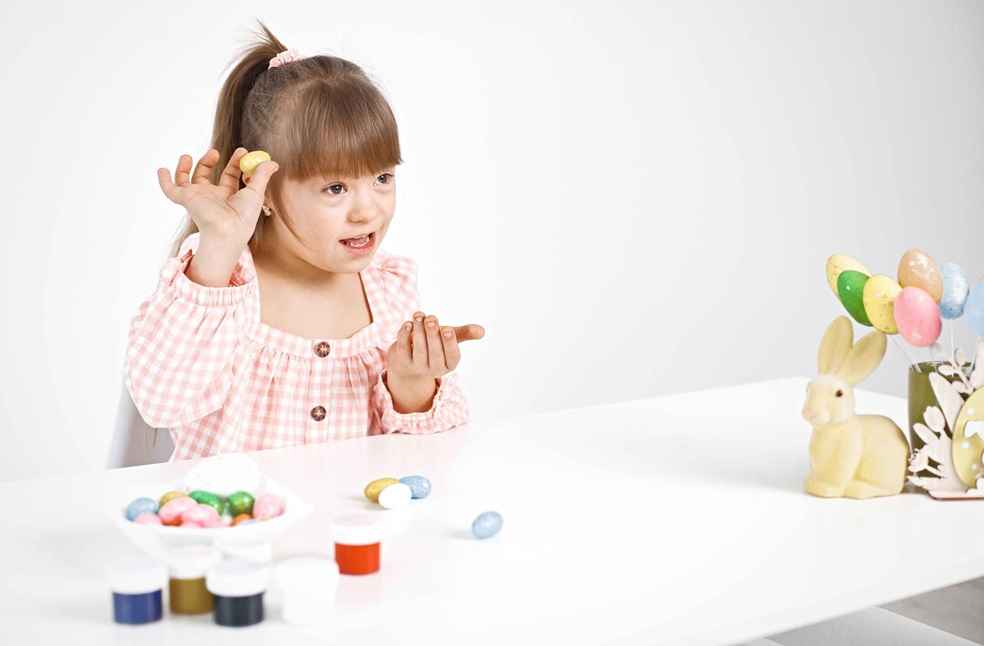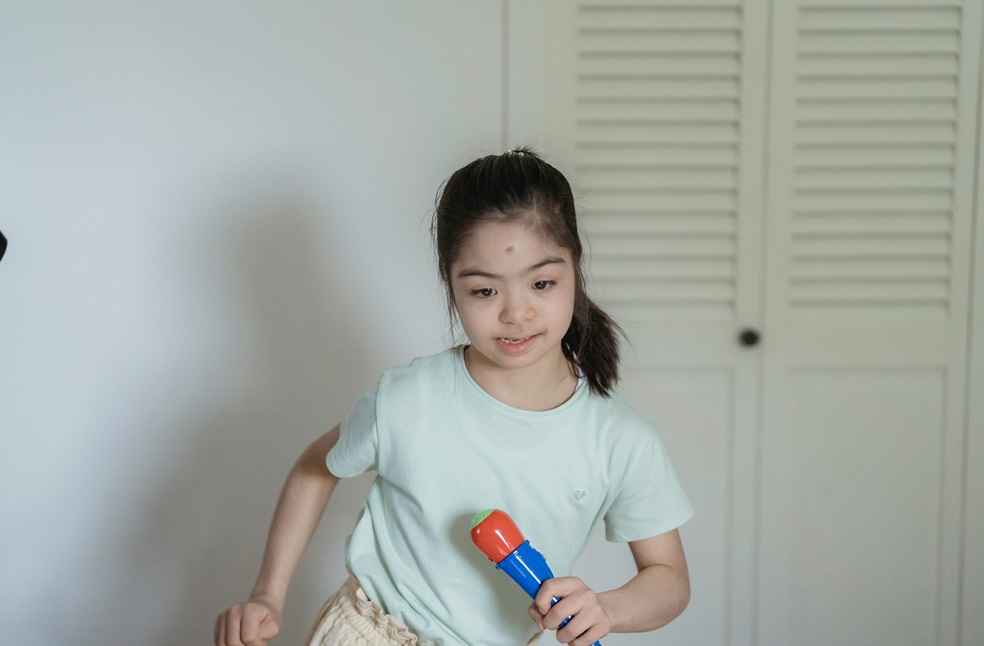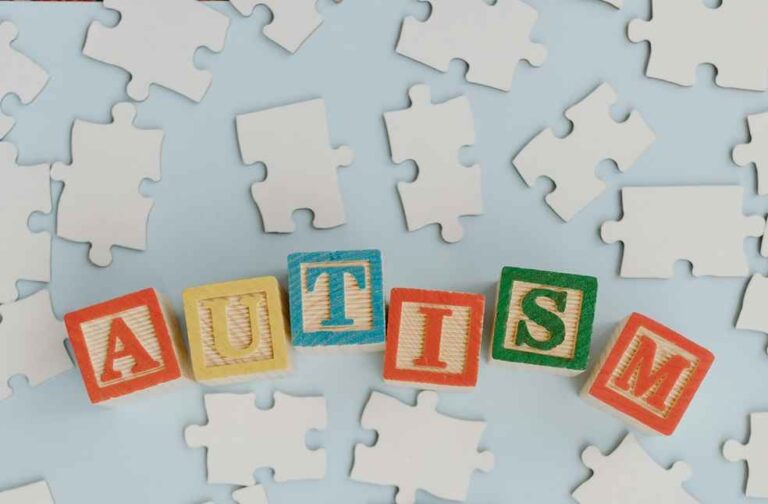Autism spectrum disorder (ASD) is a condition related to brain development that affects how individuals perceive and interact with others. It can lead to difficulties in social interaction and communication. However, each individual’s experience of this condition is unique.
Many children with this developmental disability suffer from various learning and language development issues, as well as social communication challenges. They may require intensive therapy to overcome these difficulties and develop important life skills.

While some individuals may struggle with severe symptoms and may never learn to speak or make eye contact, others can lead relatively normal lives with less support from others. Autism is a state that may or may not impact cognitive abilities in different ways. Some individuals with autism may carry unique intelligence, others may maintain intellectual disabilities.

An analysis issued in the Journal of Autism and Developmental Disorders reveals that about 40 percent of individuals with autism carry an intellectual disability, while the remaining individuals hold average or above-average intelligence.
Autism poses challenges for individuals, regardless of the severity of their condition. Mild autism can cause difficulty starting and maintaining conversations, sensitivity to light, sound, and pain, as well as repetitive behaviours. Severe autism leads to a complete inability to communicate and a reliance on caregivers to understand their needs.
Difficulties associated with autism

Autistic spectrum disorder is a condition where children may exhibit different ways of behaving, communicating, interacting, and learning compared to other kids. These children often experience delays in their social and language skills which make it difficult for them to interact with their peers and express their needs effectively.
To help these children become self-dependent, they require extensive occupational and cognitive therapies. Therefore, it is crucial to identify the problem early and start appropriate therapies to prevent severe regression.
Mild autism is hard to diagnose

According to Dr Ishu Goyal, Deputy Consultant Neurologist at Sir HN Reliance Foundation Hospital, children with ASD may vary in their talents and deficiencies. Some may be mildly impacted while others may be completely dependent. Kids with mild autism often experience hardships in social interaction, creating relationships, growing acuity for light, sound, pain and problems adjusting to changing surroundings.
They may also carry exceptional memory, understanding, and logical abilities, making them good at science, mathematics, and music. However, due to these potentials, their state may not be pinpointed until adulthood. The severity of autism usually results in children being completely dependent on their parents to understand their needs.



